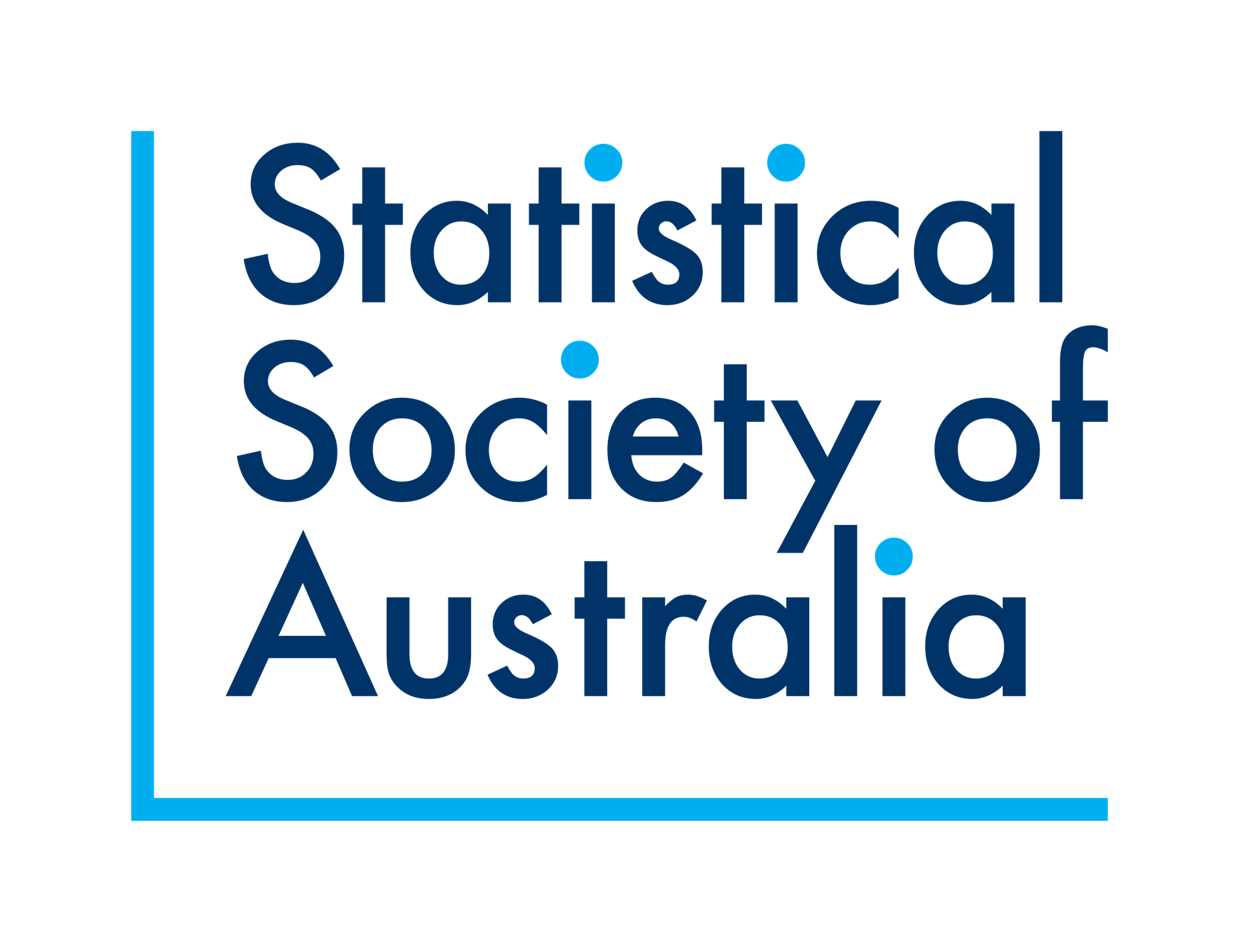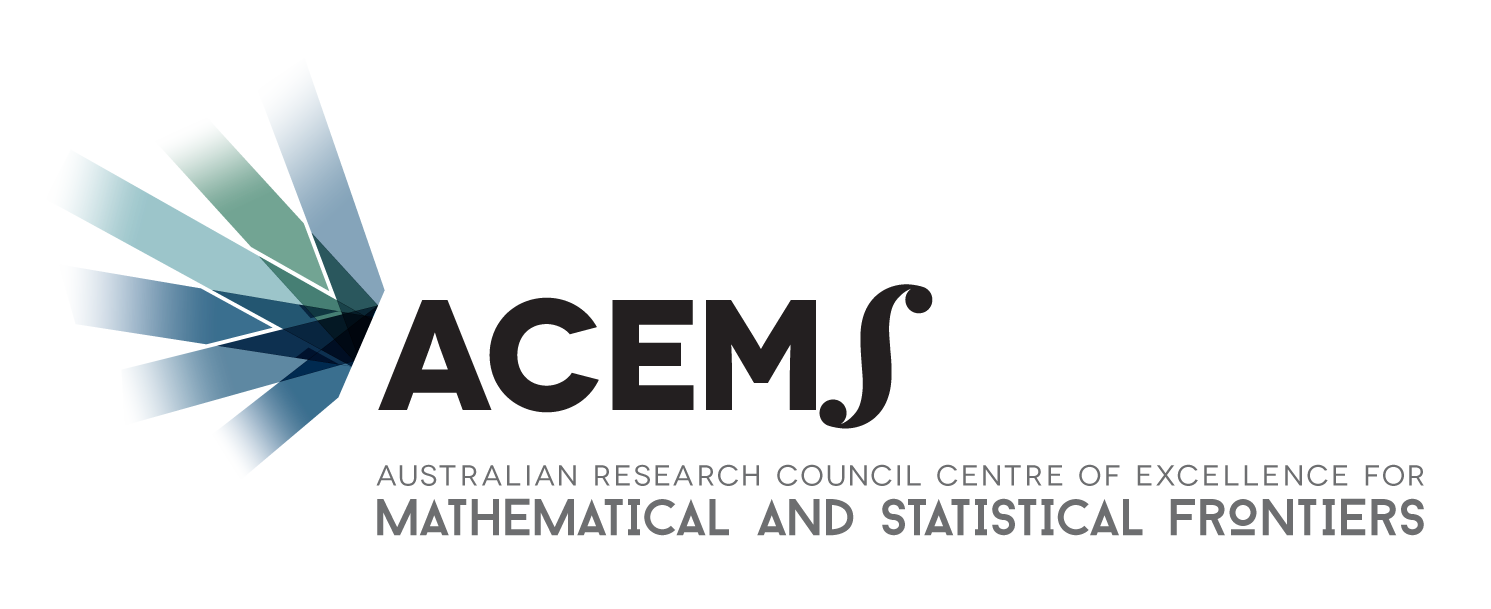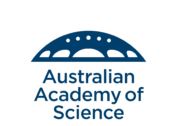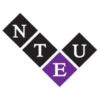

We would like to reinforce the statement made by the European Women in Mathematics¹ on the inequitable impacts of the global pandemic on mathematicians. We wish to provide further recommendations in the Australian context.
The Australian mathematical sciences community reiterates that the impacts of the Covid-19 pandemic have not been equally experienced, and they will continue to be felt for a long time to come. Impacts including reduction of research output, loss of networking opportunities and collegiate connection, and increased stress on mental health have been devastating to many, but have been most acutely felt by those in more vulnerable positions.
The pressures brought on by the pandemic have exacerbated many pre-existing issues:
- researchers and practitioners in mathematics, statistics, and data science on short-term contracts or casual appointments (many of whom are early career) have faced increasing job insecurity;
- those with caring responsibilities have seen significantly increased obligations at home, including home- schooling children or providing elderly care;
- women, in particular, who are over-represented in the above groups, have experienced these as a double-burden; and
- people from underrepresented groups in the mathematical sciences have seen increased structural barriers in career development and a disproportionate load of service.
The economic and social case for developing diverse workforces is well established. Now is a time for proactive and decisive action by all of us to formulate long-lasting change in the mathematical sciences, ensuring we retain the gains already made and continue to further inclusivity. Here we offer just a few areas where creative solutions are needed in the immediate future.
- In assessments made for hiring, promotions, grants, prizes and committees across academia, considering the academic age of candidates (rather than years since PhD) is now common place. However, the impacts of lost momentum and collaboration development are far longer lasting, but less obvious, than those of lost absolute research time. We must now look beyond metrics to consider a more nuanced definition of what makes a talented and productive scientist.
- Where possible, extending contracts and allowing for teaching relief in academic settings will enable opportunity to regain research momentum lost during the pandemic. We recognise the significant budgetary challenge in this area, but we implore individuals, departments and organisations to think creatively in this space, seek out non-traditional solutions and make conscious decisions to support those from underrepresented groups and in their early career.
- This is a time to redouble our efforts towards inclusion and diversity across the mathematical sciences, and across academia, industry, and government. We empower you to petition managers, departments and organisations to avoid cuts in equity programs. As a minimum, we can ensure that deadlines, meeting times and workplace arrangements allow for the flexibility that staff need, not only in this time but into the future, to support the careers of researchers and practitioners in mathematics, statistics, and data science, particularly women and caregivers.
- The pandemic has impacted many people from diverse backgrounds in ways that are as varied and nuanced as people are different and nuanced. We exhort colleagues, managers and organisations to genuinely listen, to treat each case, thoughtfully, on its merits, and be prepared to work on suitably varied and nuanced solutions.
During this time of increased uncertainty and heightened physical and mental burdens, we ask our fellow mathematicians, statisticians and data scientists, our departments and our organisations to support each other in retaining and developing our diverse and talented Australian mathematical sciences community.
Yours sincerely,
Prof. S. Ole Warnaar
President of the Australian Mathematical Society (AustMS)
Dr Jessica Kasza
President of the Statistical Society of Australia (SSA)
(printable, accessible PDF)
The following organisations have endorsed the AustMS/SSA Covid-19 impact statement:
· ARC Centre of Excellence for Mathematical & Statistical Frontiers (ACEMS)
· Australian Academy of Science (AAS)
· Australian Academy of Technology and Engineering (ATSE)
· Australian Mathematical Sciences Institute (AMSI)
· Mathematical Research Institute (MATRIX)
· The National Tertiary Education Union (NTEU)
· University of Sydney Mathematical Research Institute (SMRI)
· Science & Technology Australia (STA)








Useful Resources:
¹An open letter from the EWM, European Women in Mathematics, 22 September 2020
https://www.europeanwomeninmaths.org/ewm-open-letter-on-the-covid-19-pandemic/
The impact of the COVID-19 pandemic on women in the STEM workforce,
Rapid Research Information Forum, 17 May 2020
www.science.org.au/covid19/women-stem-workforce
Impacts of COVID-19 for EMCRs National Survey, EMCR Forum, August 2020
https://www.science.org.au/news- and-events/news-and-media-releases/early-and-mid-career-researchers-fear-their-careers-are-risk
In the Eye of the Beholder: Avoiding the Merit Trap, Chief Executive Women and Male Champions of Change
https://cew.org.au/topics/merit-trap/
National Evaluation Guide for STEM Gender Equity Programs, Women in STEM Ambassador, 8 December 2020
https://womeninstem.org.au/national-evaluation-guide/
Women in Science decadal plan
https://www.science.org.au/support/analysis/decadal-plans-science/women-in-stem-decadal-plan
STEM Women: https://www.stemwomen.org.au/
